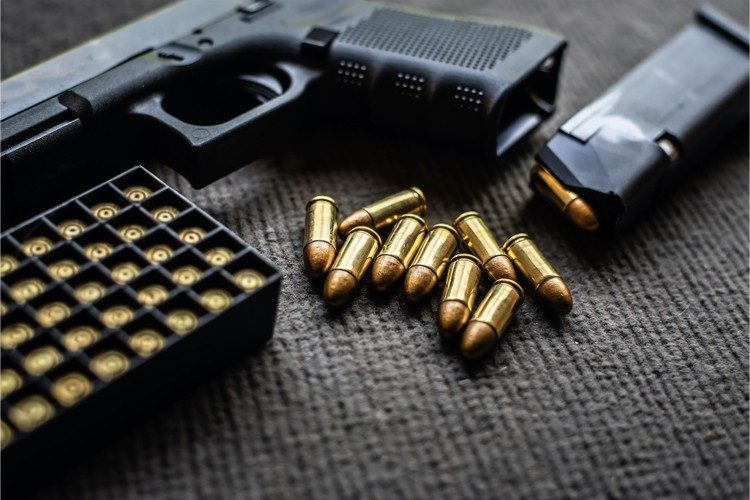
Facebook carefully monitors its platform to enforce a strict rule against gun sales, using a system under which gun buyers and sellers are kicked off after 10 violations.
The policy had not been previously reported prior to a piece by The Washington Post, which obtained internal guidance from the social network.
A similar five-strike policy exists for gun sellers and buyers who, in Facebook’s eyes, advocate violence or praise any organization the platform considers dangerous.
Facebook was once a popular hub for buying and selling guns, but the company banned the practice in 2016 in response to activists and agencies. Other social networks, including Twitter, TikTok, and YouTube did the same not long after.
Yet the system by which Facebook enforces its “strikes” is vague and secretive, provoking confusion among users.
The Post looked at internal Facebook documents and conducted interviews with six former and current employees who, on the condition of anonymity, said that the company’s gun policies have been a continual cause for debate within senior ranks and corporate policymakers as Facebook tries to balance an ostensible dedication to free speech with its leadership’s inclination toward anti-gun public pressure.
Progressives claim the internet makes it too easy for unlicensed gun sellers to conduct business.
“The gaps in the laws have made private sales without background checks not only legal but now really easy with online shopping,” said Daniel Webster, the co-director of the Johns Hopkins Center for Gun Violence Solutions. “The internet expands that ability to connect with so many people whether to underage youth, someone who’s got a domestic violence restraining order, (or) a convicted felon. They can very easily go online and find” firearms.
Gun-control advocates believe that even Facebook’s current crackdown on gun sales is too lenient.
“Facebook’s 10 strike rule for prohibited gun sales is beyond shocking — it’s incredibly dangerous,” Shannon Watts, founder of Moms Demand Action, said in a statement to the Post. “Gun violence is tearing apart our communities and yet Facebook is more concerned about giving gun sellers not just a second chance, but 10 chances? That’s not accountability, that’s complicity.”
For its part, Facebook does not deny that a 10-strike rule exists. Company spokesman Andy Stone said the platform immediately takes down content found to be in violation of its gun-sale prohibition and has strict penalties in place for violators — the biggest being a permanent account suspension.
“If we identify any serious violations that have the potential for real-world harm, we don’t hesitate to contact law enforcement,” said Stone. “The reality is that nearly 90 percent of people who get a strike for violating our firearms policy accrue less than two because their violations are inadvertent and once we inform them about our policies, they don’t violate them again.”
Other Big Tech firms handle their bans differently. YouTube, for example, prohibits anything used to sell firearms, such as links that direct to gun sites. Any YouTube content creator found guilty of violating this policy three times in a 90-day period has his channel closed.
TikTok is even more strict, banning users the first time they violate its policies banning gun sales.
The Post notes of the enforcement system for Facebook’s policy:
Facebook’s website says most violations of its elaborate system follow a similar pattern: A first strike results in a warning; a second strike blocks a day of posting while five strikes trigger a 30-day posting block. The same tiered punishment system applies to gun sellers and buyers as well. But the company offers no further detail on what behavior warrants a full ban and doesn’t describe on how specific violations are treated compared with others.
“No social media platform has reasons for why their thresholds are what they are. Everyone’s just making up numbers,” one of the people said.
Gun sellers, however, have found ways around the rules in both Facebook groups and Marketplace. One workaround is for sellers to list accessories (which the platform allows). After contact is made with a potential buyer, individuals can sell guns through private messages.
Furthermore, Facebook still allows the promotion of gun events such as safety classes, gun shows, and gun raffles. These can be promoted organically through posts and through paid advertising.





